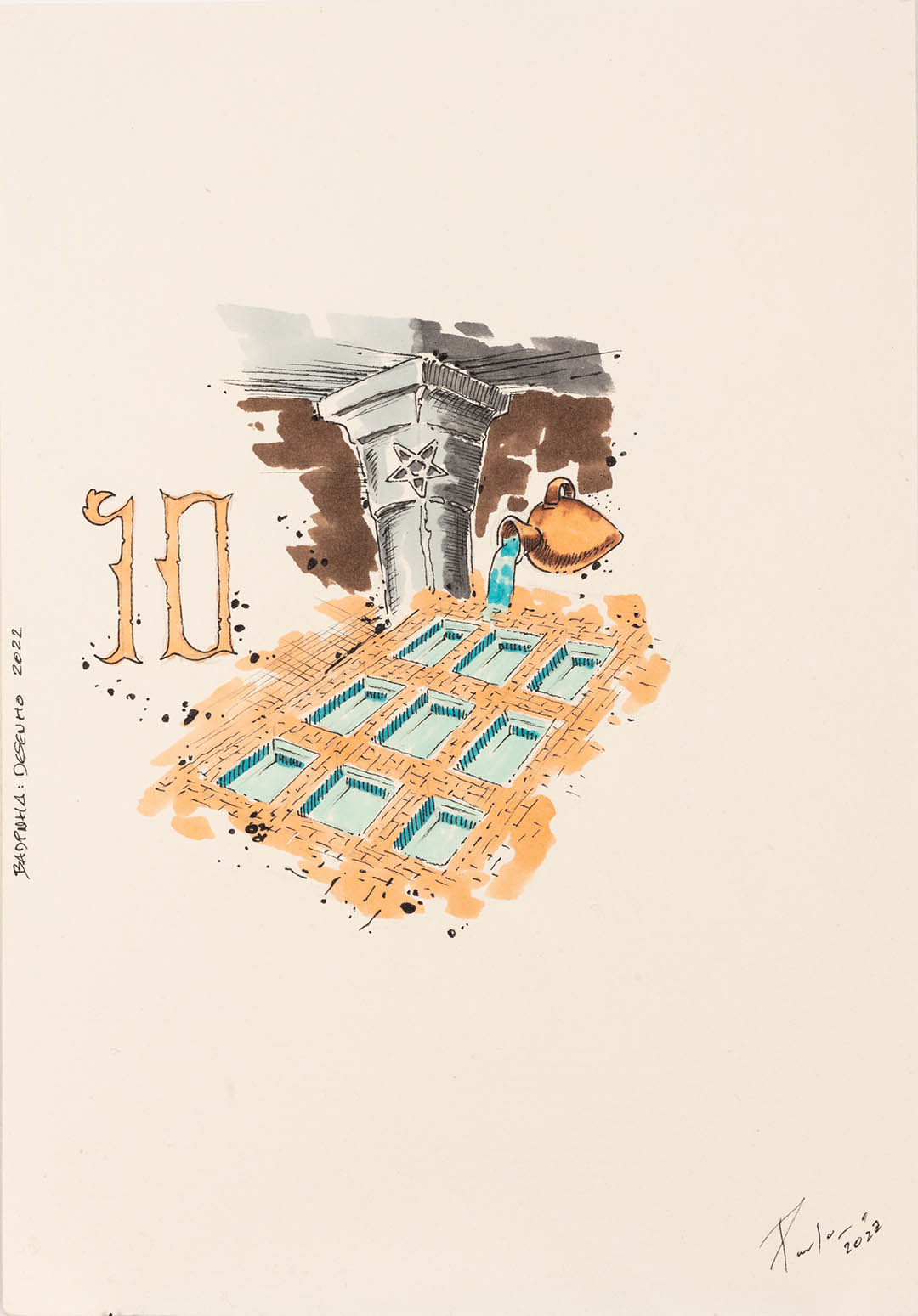[wpml_language_selector_widget]
ISLAMIC BATHS
In the Islamic world the public baths had a purifying and ritual character according not only with the religious rituals but also with the social rituals and they were usually located near the entrance of the cities so that the travellers could deal with their hygiene.
Baths are fundamental in the city life, becoming even a place to socialize. In the period when Muslims still dominated Al-Gharb (Algarve), the baths were located at the gateway to Al-´Ulyã (Loulé), having operated between the 12th and 13th centuries.
These public baths were hot, warm and cold.
The Islamic baths were very popular. To the point that when the Reconquista took place the King D. Afonso III mentioned that the exploration of the spas was for the crown ( by that time everything that gave money was for the king). In this case the price was symbolic and the place was very popular.
The Archaeologist Isabel Luzia discovered a short time ago and by chance, the Islamic baths when she was running a summer workshop that explored an old house, which the City Hall acquired, to expand the space of the Med festival. The Islamic baths in Loulé are included in a list of similar structures in the Iberian Peninsula. Despite not being as well preserved as some Spanish that are located in palaces, the Islamic baths of Loulé stand out for being public baths and located at one of the gates of the city.
When the archaeological exploration started the system of warming the water for the baths was discovered, where women and men in alternating groups gave themselves to the pleasure of relaxation therapies of steam and essences.
Hairpins (more than a thousand), fragments of glass from essence bottles, boar teeth and ceramics were discovered.
When signs of the chimney hole were discovered at a depth of 1,80m, from where the fumes came out for the baths, a new page for the local history was opened.
The Archaeologist responsible considers that Islamic Baths with such a dimension are unique in Portugal.
The Loulé Baths are the first intact Islamic Baths that can be visited in Portugal.
